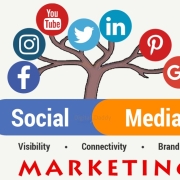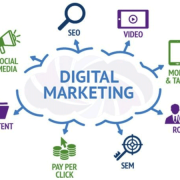PPC vs. Organic Search: Which One Works Best for Your Business?
First, Understanding PPC and Organic Search:
In the world of online marketing, (Pay-Per-Click) PPC vs. organic search are two prominent strategies. They both aim to increase your website’s visibility, but they work differently. Let’s dive in and explore their differences.
PPC: Quick Results and Precise Targeting
First, PPC delivers quick results. When your ad campaign starts, your ads appear instantly. This is especially beneficial for new businesses looking to gain visibility promptly.
Furthermore, PPC offers precise targeting. You can select specific keywords and demographics, ensuring your ads reach the right audience. It’s a great option for businesses with niche markets.
Organic Search: Sustainable Growth and Credibility
On the other hand, organic search focuses on sustainable growth. It takes time to climb search engine rankings, but the results can be long-lasting. Your website’s credibility and authority grow over time.
Moreover, organic search is viewed as more trustworthy by users. Many people skip ads and click on organic results, considering them more genuine and relevant. This can result in higher click-through rates.
Cost Consideration:
What’s more, PPC involves costs for each click, and your budget determines your ad’s visibility. In contrast, organic search doesn’t require direct payment for clicks. However, it involves investing in quality content and SEO efforts.
Next, Balanced Approach:
Many businesses find success in a balanced approach. Using both PPC and organic search can cover different aspects of your marketing goals. PPC provides immediate visibility, while organic search ensures sustainable growth.
Lastly:
PPC vs. organic search which is better? Both searches have their advantages. PPC offers quick visibility and precise targeting, while organic search provides sustainable growth and credibility. Depending on your business’s goals, budget, and timeline, a combination of both strategies might be the optimal choice. Remember, what works best for you depends on your specific situation and needs.
By understanding the nuances of both strategies, you can make an informed decision and create a well-rounded marketing plan that brings the best results for your business.














Leave a Reply
Want to join the discussion?Feel free to contribute!